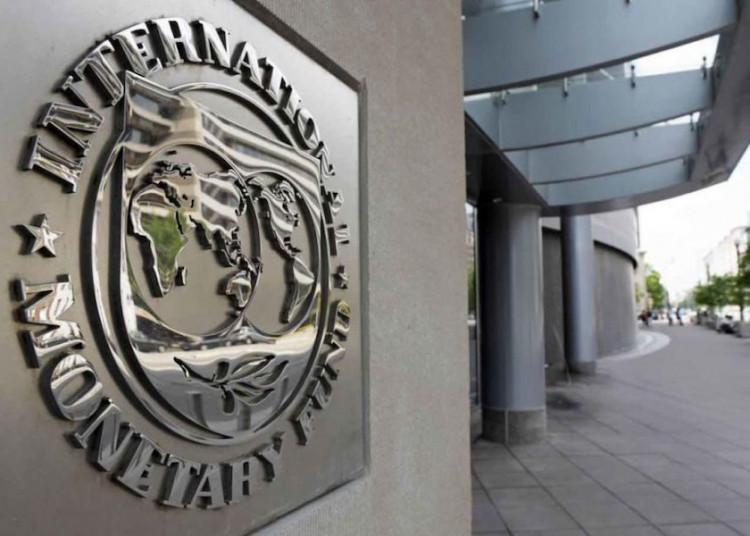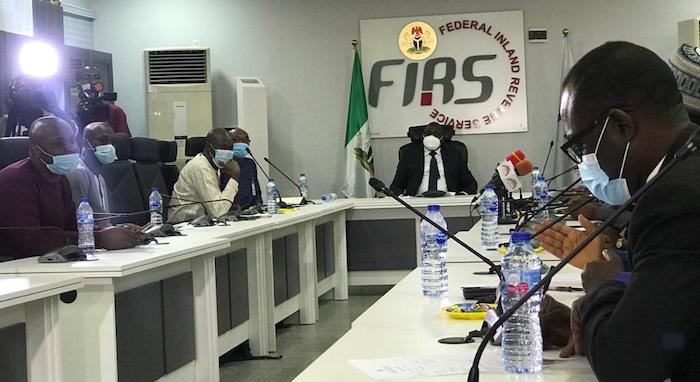Bishop Rt Rev Ephraim Ikeakor, serving within the Diocese of Amichi Anglican Communion in Anambra State, has articulated a profound concern regarding the leadership of the nation. He emphasizes that the presence of capable and visionary leaders is paramount for the progress and prosperity of Nigeria. Without such leadership, Bishop Ikeakor warns, the nation will continue to face immense challenges, resulting in prolonged suffering and widespread poverty among its citizens.
His statement reflects a deep understanding of the socio-economic landscape of Nigeria and the critical role that leadership plays in shaping its future trajectory. Bishop Ikeakor’s concern extends beyond mere observation; it reflects a call to action for the nation’s leadership to prioritize the well-being and advancement of its people above all else.
Furthermore, his declaration underscores the importance of effective governance and the need for leaders who are committed to serving the interests of the populace with integrity and dedication. In the absence of such leadership, Bishop Ikeakor suggests that Nigeria will struggle to overcome the numerous obstacles hindering its progress and development.
Ultimately, Bishop Rt Rev Ephraim Ikeakor’s statement serves as a poignant reminder of the significant impact that leadership decisions can have on the lives of millions of Nigerians. It urges both current and aspiring leaders to rise to the occasion, embodying the values of competence, compassion, and accountability as they navigate the complex challenges facing the nation.
In a compelling address at Emmanuel Anglican Church, Ekwulumili in Nnewi South Local Government Area, Bishop Ephraim Ikeakor sounded a clarion call during a press briefing ahead of the highly anticipated 2024 synod of the diocese this June.
With conviction, Bishop Ikeakor declared that Nigeria’s most pressing issue lies in the absence of competent leadership. He passionately emphasized, “A poor man is no longer demanding his basic rights; he’s merely struggling for survival. This vulnerability makes us easy targets for exploitation. It’s disheartening to see the masses suffer while those in power turn a blind eye.”
In these stirring words, Bishop Ikeakor captured the essence of Nigeria’s plight, highlighting the urgent need for leaders who prioritize the welfare of the people above all else. His message resonates as a call to action, urging citizens to reclaim their rights and demand accountability from those entrusted with governance.
“We witnessed an incident where packaged garri and sugar were being thrown to the masses as palliatives in one city. This act, in essence, dehumanizes Nigerians and reduces them to mere animals,” he remarked.
“There was a politician who remarked that Nigeria’s greatest challenge lies in the fact that even professors have been brought down to the level of thinking akin to that of former President Muhammadu Buhari,” he added.
“Nothing seems to be functioning in Nigeria. Challenge me if you disagree. Just the other day, we encountered a problem and sought police assistance for investigation. Shockingly, the police deemed the area too dangerous and requested security from us. Can you believe it? What kind of country is this where civilians are asked to provide security for security agents? Isn’t this a sign of a failed state?”
“Once upon a time, payday brought joy to civil servants. Nowadays, a civil servant’s entire salary can barely afford half a bag of rice. How can we combat corruption when poverty and unemployment are rampant?”
“Even in academia, the quality of education has deteriorated to the point where some university students cannot articulate their expected degree or defend their discipline in proper English.”
He discussed the petroleum sector, expressing dismay at the celebration of an individual for constructing a refinery when Nigeria lacked even a single operational refinery, describing this situation as both pathetic and shameful.
He found it incomprehensible that a nation abundant in gas and oil resources like Nigeria still struggled to provide consistent electricity supply.
He maintained that Nigeria’s current leadership lacked integrity and credibility, incapable of delivering reliable governance.
The Bishop admitted to his reluctance to engage in discussions about Nigeria and its issues, as they invariably stirred strong emotions within him.








